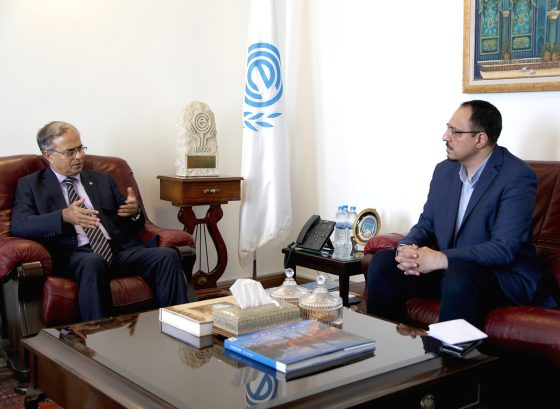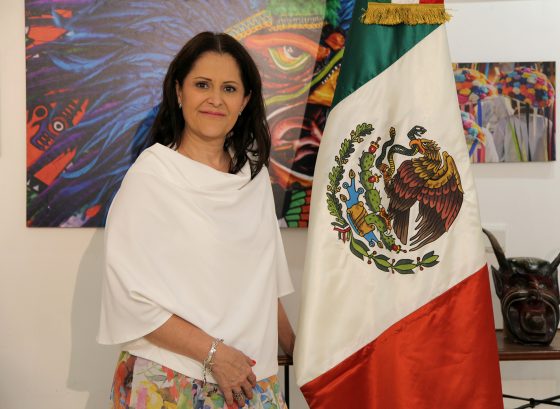“Iran and South Africa Should Take Full Advantage of their BRICS Membership.” Highlights South African Ambassador to Iran
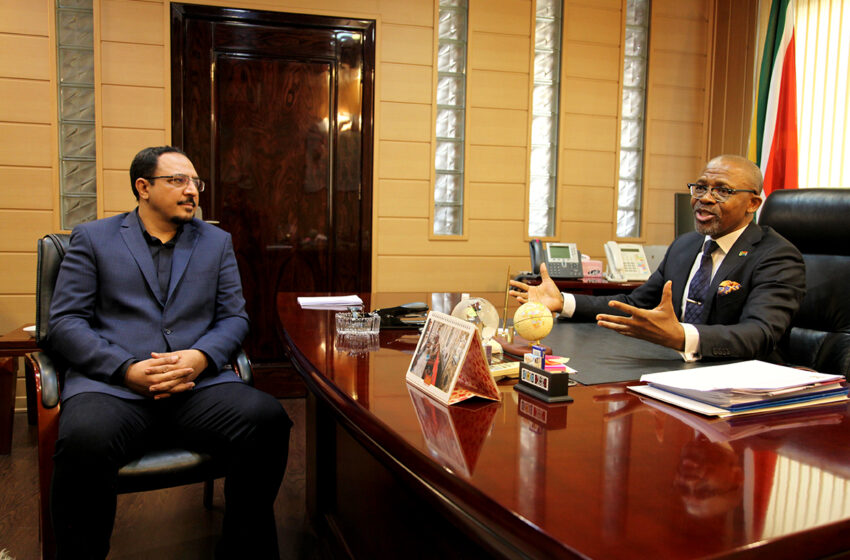
The relations between Iran and South Africa are of strategic importance owing to the history of anti-colonial struggles and political and cultural commonalities. After the end of apartheid in South Africa, the diplomatic and economic ties between the two countries were strengthened, with Iran being one of the first countries to support the new government of South Africa. These relations have expanded in various fields such as energy, mining, and agriculture and have created new opportunities for further cooperation. Meanwhile, Iran’s membership in the BRICS group is seen as a special opportunity to deepen economic and political relations between Iran and South Africa. In fact, BRICS, as an economic bloc, provides a platform for developing countries to become more resistant against the economic pressures of the West and to diversify their economies. Iran’s joining this group can not only provide access to new markets for both countries, but also enhance bilateral cooperation in new areas such as technology and infrastructures investments.
AVA Diplomatic’s Exclusive Interview with Dr. Sehloho Francis Moloi
Ambassador of the Republic of South Africa to Iran
At what level do you assess the relations between the two countries at the moment? What fields are there to deepen and expand relations in different political, economic, cultural and scientific areas?
South Africa and Iran enjoy excellent bilateral relations. And because we have these excellent bilateral relations, we have a good opportunity to deepen and expand our relations in areas such as: (politically) to implement the agreements we have signed in all areas of mutual interest and to work together at the global level to promote the developmental interests of developing countries and regions in a world that is peaceful and where human rights and international law are respected and followed; (economically) to explore opportunities in mining and mineral beneficiation, agro-processing, promote agricultural exports; (culturally) to explore further opportunities to increase people-to-people exchanges through two-way tourism traffic, student and faculty exchanges, deepen cooperation between our cultural institutions (heritage, museums, knowledge centers); (scientifically) deepen cooperation between our centers of excellence in the fields of technology, climate change, research and innovation.
What approach has South Africa taken towards global crises like the Russia-Ukraine War and the Israel-Hamas War?
Some of the cardinal tenets of South Africa’s foreign policy which guide our approach in these matters include: the commitment to resolving conflicts through peaceful means; respect for the rule of international law; respect for the territorial integrity and sovereign independence of other nations; the right of a people to self-determination; the responsibility to fight injustice and apartheid, colonialism, racism and organized disrespect for human life.
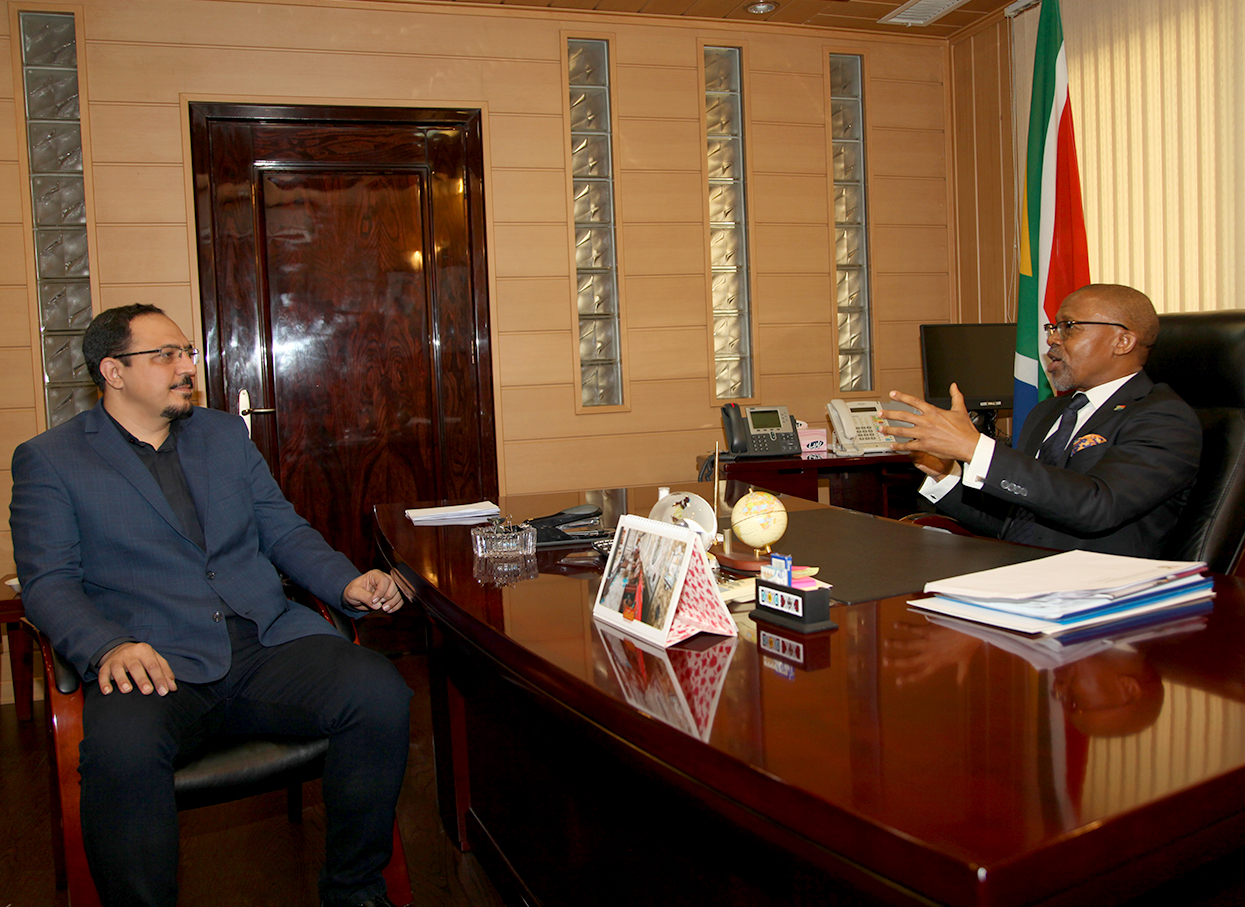 Considering South Africa’s strong support for Palestine and condemning Israel’s actions, what role do you see for Iran-South Africa political cooperation in this regard?
Considering South Africa’s strong support for Palestine and condemning Israel’s actions, what role do you see for Iran-South Africa political cooperation in this regard?
The relationship between South Africa and Iran is forged in our common struggles for freedom, justice, development and a world at peace with itself. At this moment, the question of Palestine is the most pressing concern on the conscience of the world. As a community of nations committed to the values espoused in the Charter of the United Nations and many other international human rights instruments, we have, as countries of the world, our individual and collective responsibility to address the question of Palestine, which remains unresolved after 76 long years. Today, we must all do what is in our power to stop Israel in its genocidal aggression in Gaza as ordered by the ICJ in the provisional measures it issued some time ago.
How can diplomatic ties between the two countries be developed in order to strengthen peace and stability in Africa and in the Middle East?
As I said earlier, both South Africa and Iran are committed to promoting a world that is peaceful and developing to address the needs of developing countries, including in Africa and the Middle East. Our two countries are important players, with our partners, in our respective regions. There are so many untapped opportunities that exist between our countries and regions; we need to explore further how these opportunities can be unlocked in all areas and fields of mutual interests.
Given the impacts of economic sanctions on Iran, how can the trade between the two countries be reinforced?
Economic sanctions on Iran have a negative impact on the ability of Iran and its partners to take full advantage of the opportunities for trade, business, and deeper cooperation between and among themselves. That is why we want to see these sanctions removed! However, despite these sanctions, there are still many areas and sectors in which the world can still do business with Iran, as it is happening right now, and we should explore more of these opportunities! In the meantime, all those initiatives in which businesspeople in Iran and in South Africa and other countries are finding ways of doing business should continue.
Is there a will to make use of local currencies in trade between Iran and South Africa?
The use of local currencies in trade is an issue that has been intimated in other forums such as the Brics where South Africa and Iran are members and it will continue to be an issue for consideration.
When was the last Joint Economic Cooperation Commission meeting held between the two countries, and how do you assess its role in the development of bilateral relations?
The JCC was held in August 2023 in South Africa. In the JCC, we agreed on a number of areas where we need to deepen our cooperation, including in the fields of trade, business, cultural exchanges, STEM (science, technology, engineering and mathematics) education, and energy.
What was South Africa’s total foreign trade volume in 2023? How much was Iran’s share in trade with South Africa that year?
According to the information from the South African Revenue Service, total bilateral trade between South Africa and Iran in 2023 stood at approximately R305 million (three hundred and five million Rand). It should be noted that there is a lot of trade that takes place between South Africa and Iran but which does not get reflected as constituting bilateral trade due to other intervening exogenous factors that impact trade with Iran.
How can the capacities of the two countries in mining, energy and IT industries be utilized to enlarge economic cooperation?
South Africa and Iran each have strong comparative and competitive advantages in the field of mining, energy and IT industries. In mining for example, South Africa has extensive experience and expertise in this field given our mineral endowment e.g., mining engineering and exploration. Iran is equally endowed and has developed excellent skills and experience in mineral beneficiation e.g., jewelry design. Our two countries can bring together their collective experience and expertise in this field and open opportunities for business, skills development, marketing, and engineering design.
 Are there new areas for cooperation between the two countries in economic fields like agriculture and food industry?
Are there new areas for cooperation between the two countries in economic fields like agriculture and food industry?
Yes. Agriculture and food industries are two critical sectors that can unlock the opportunities for business between South Africa and Iran. I am aware of some South African and Iranian companies that have expressed interest in exporting agricultural products between the two countries and also looking at agro-processing opportunities.
Are there any fields of cooperation in cultural tourism between Iran and South Africa?
South Africa and Iran are beautiful countries with amazing histories spanning thousands and thousands of years. This aspect of our countries e.g., history, heritage, complementary climates, and knowledge systems open many doors for collaboration and deeper cooperation. I am glad to see that there are more and more Iranians visiting South Africa as tourists, particularly during holidays such as Nowrouz. There are also increasing numbers of post-doctoral fellows from Iran entering South African universities. We have also seen an increasing number of South Africans visiting Iran for tourism, leisure and business. These people-to-people contacts should be expanded.
How can scientific and academic cooperation between Iran and South Africa be developed in subjects such as nanotechnology and biotechnology?
The areas of nanotechnology and biotechnology are important sectors in our bilateral cooperation. Again, both South Africa and Iran have excellent comparative and competitive advantages in these sectors which should be explored. There is a lot of work that has been done and agreements signed to bring together Iranian and South African companies in these fields. Collaboration in these fields is important, for example, in building the capacities and resilience of our countries in the face of pandemics such as the covid-19.
What new scientific and academic agreements and Memoranda of Understanding are in progress between the two countries?
Some of the active areas of cooperation between South Africa and Iran are in the field of science and technology. Other MoUs which were considered during the last JCC and were destined to be signed during the state visit from Iran, which was postponed, include MoUs in the areas of trade, agriculture, transport, the environment, higher education, health, water cooperation, arts and culture, women, youth and persons with disabilities.
Are there common areas for cooperation in the fields of scientific research and innovation between the universities of the two countries?
The notable area of cooperation between the universities of the two countries has been the continuing exchanges of post-doctoral fellows in the fields of science and innovation. There is amble scope for scientific research and innovation between universities and between other private and public institutions in these areas.
Considering the membership of Iran and South Africa in the BRICS group, how can multilateral cooperation in this group be strengthened?
Iran became a member of Brics on 1 January 2024. As you may know, Brics is a group of countries mainly of the Global South with the common objective of working together to develop our countries and regions and to address the common challenges facing humanity (such as climate change, building capacities and resilience to deal with pandemics, promoting a world at peace with itself, dealing with poverty, and promoting an international system of inter-state relations based on respect for the rule of international law and human rights). Brics offers an opportunity for its members to work together at a bilateral and well as multilateral levels to pursue these objectives.
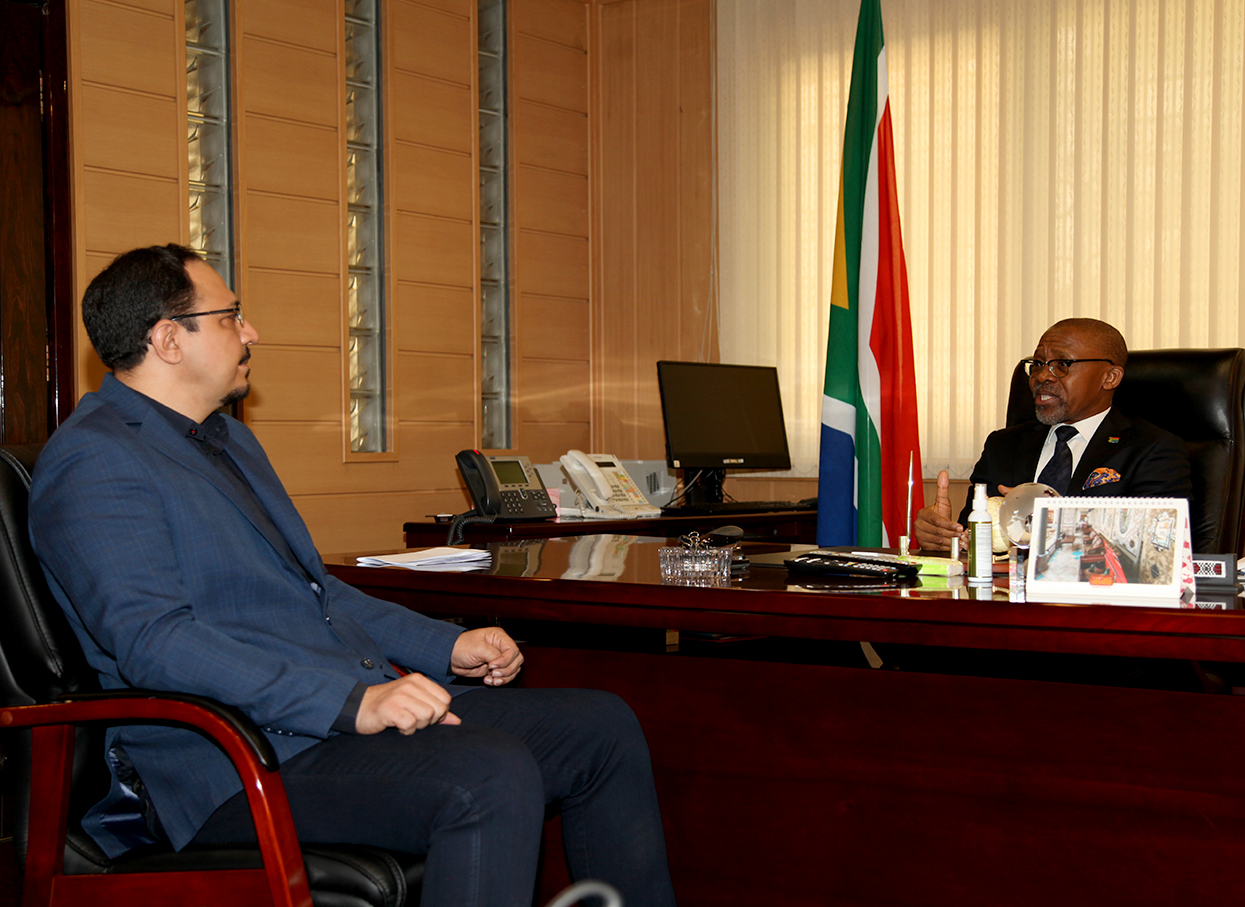 How do you evaluate the sports relations between Iran and South Africa? In which sports is there a high potential for exchange and cooperation between the two countries?
How do you evaluate the sports relations between Iran and South Africa? In which sports is there a high potential for exchange and cooperation between the two countries?
This is an important question. As South Africans, we know how sport can play a critical role in uniting a people and strengthening national cohesion. Sport can also play a key role in strengthening people-to-people contacts and exchanges between countries. Both South Africa and Iran have strong sporting traditions and cultures. This potential area of our cooperation has not been fully explored; it should be!
What perspective do you envision for the future of relations between Iran and South Africa? What measures can the authorities of the two countries take to elevate the level of relations?
As I said earlier, South Africa and Iran have excellent bilateral relations which are forged in the history of our common quest for freedom, justice, peace, cooperation and development. So, we really do not have any political ‘challenges’ between us that could come in as stumbling blocks in our bilateral relations. This therefore offers us a huge opportunity to explore how we can take full advantage of these excellent relations and deepen our cooperation in other fields, which have been identified as offering ‘low-hanging fruit’ such as trade, agriculture, transport, the environment, higher education, science and innovation, health, water cooperation, arts and culture, women, youth and persons with disabilities. We should encourage more and more exchanges between our two countries in the fields identified above. We should also take full advantage of our membership of organizations such as Brics and explore further cooperation.

